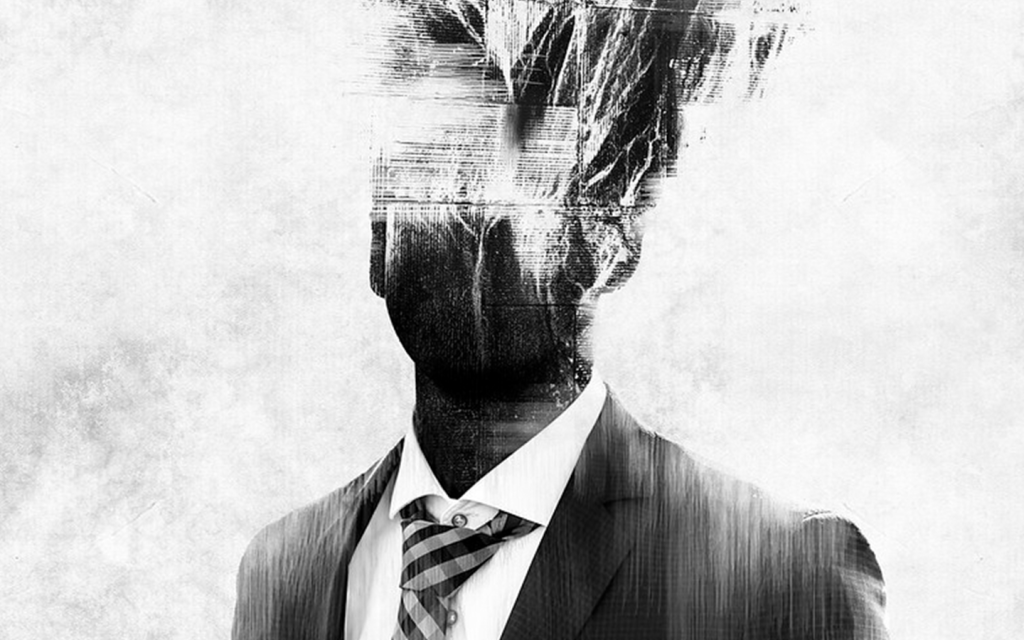SEASON ONE OF “TRUE DETECTIVE” IS PERFECT

The entire series touches on the hypocrisy of life: on the contradictions within Christianity, in our laws, and the traditions we hold dear.
Look, you can hate detective Rust (Matthew McConaughey) all you want but you have to admit that he says a lot of good points. Sadly, he was misunderstood. Rust is the kind of detective that everyone would appreciate because he sees things as they are, not as he would like them to be. Even though people like to label him as weird and difficult, he’s actually a simple man. He demands the good in people, respectability, and honesty and really it’s not too much to ask for. If anything, in True Detective, the unruly person is Marty (Woody Harrelson). Season one of the series is so special because of their unusual dynamic.
Nic Pizzolatto’s crime anthology served perfection in 2014 with the introduction of Rustin “Rust” Cohle and Martin “Marty” Hart, two Louisiana state police officers. While pitting Rust’s hardened, philosophical pessimism against Marty’s ordinary douche-y behaviour, Pizzolatto numbs viewers into a daze with a slice of cruelty. The charm in their partnership comes from the absurdity in their opposing personalities and how it clashes so horribly when they aren’t directing their dissonance to their job, but it eases audiences into the harsher aspects of their story.
The first season of True Detective trails Rust and Marty within 8 episodes, following them years after their involvement with an investigation on the murder of a prostitute called Dora Lange. They’re asked to recount the details surrounding her investigation and how it connects to a serial killing conspiracy. Both share their perspective to a pair of investigators and the audience, with a walk through their memory of the events that unfolded after coming across the case.
True Detective feels more like a horror with a dash of thrill. Much of the anxious feel of the show comes from the sense of urgency tying Rust and Marty to the case. Later the feeling is exacerbated by the disturbing nature of information they find. As we follow their journey to uncover what happened to Dora Lange, we learn about insidious behaviours among the well reputed figures in their Louisiana community who always seem to slide past accountability and consequence. In these scenarios, Cohle’s pure distress at the disconcerting nature of his peers carries the unvarnished reality that goes unfazed among everyone in his reality; he’s the voice of the audience.
Cohle offers salient judgements about the horrors of humanity and those in policing. In one case, when he interviews a prostitute who he believes is connected to Lange’s case, he shares a sobering truth about the extent of police power and its affinity to malice—something that is never really mentioned outright in real life. He reminds her that he has the power to ruin her life if he chooses to, saying “of course I’m dangerous, I’m police. I can do terrible things to people with impunity.” Raw statements like these are rich in True Detective, making the show absolutely stunning in its easy analysis about the wretched aspects of society.
In fact, the entire series touches on the hypocrisy of life: on the contradictions within Christianity, in our laws, and the traditions we hold dear. Funnily enough, Rust ruminates on these ideas in the most offhanded type of way and in moments where it’s not called for. During many moments in the show, you’ll find Marty trying to connect with Rust by asking ordinary questions like “how are you?” but Rust uses those opportunities to offer his examined view of life and to give philosophical answers meant to probe past the ordinary but disturbing facts that fades throughout the day. It’s hilarious, because of course, Marty is looking for a banal answer like “I’m good,” but Rust refuses to offer what’s expected of him. This defines Cohle and his relationship with Marty, making it so that there is always a distinct separation between their personalities and their morals.
Season one of True Detective is a flawless and honest season. It is so dark and eerie but so rich in character, all the seasons that followed after it are unable to match up in excellence. Watching McConaughey and Harrelson feels much like going to the theatre to watch an epic film. Pizzolatto’s indulgence on worldbuilding, character development and in forming an emotional entanglement between the viewer and his characters, such that you feel for Marty and Rust throughout the entire 8 episodes of their story—even during their more disagreeable moments, is surprising. Through it all, Marty and Rust become familiar personalities that you might have come across and entertained at one point in time which is a marvel, considering how they are both respectively unlikeable in their own ways. After all, despite Rust’s sobering observations and reflections, he is quite cold and tactless. Likewise, Marty’s warmth and friendliness, is often overshadowed by his questionable moral compass. Their faults are as glaring and heavy as the trouble they uncover throughout their investigation but also, so gripping, it forces audiences to a halt. Pizzolatto is brilliant.